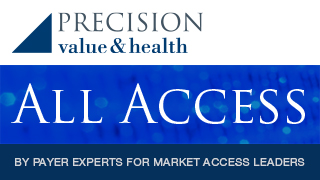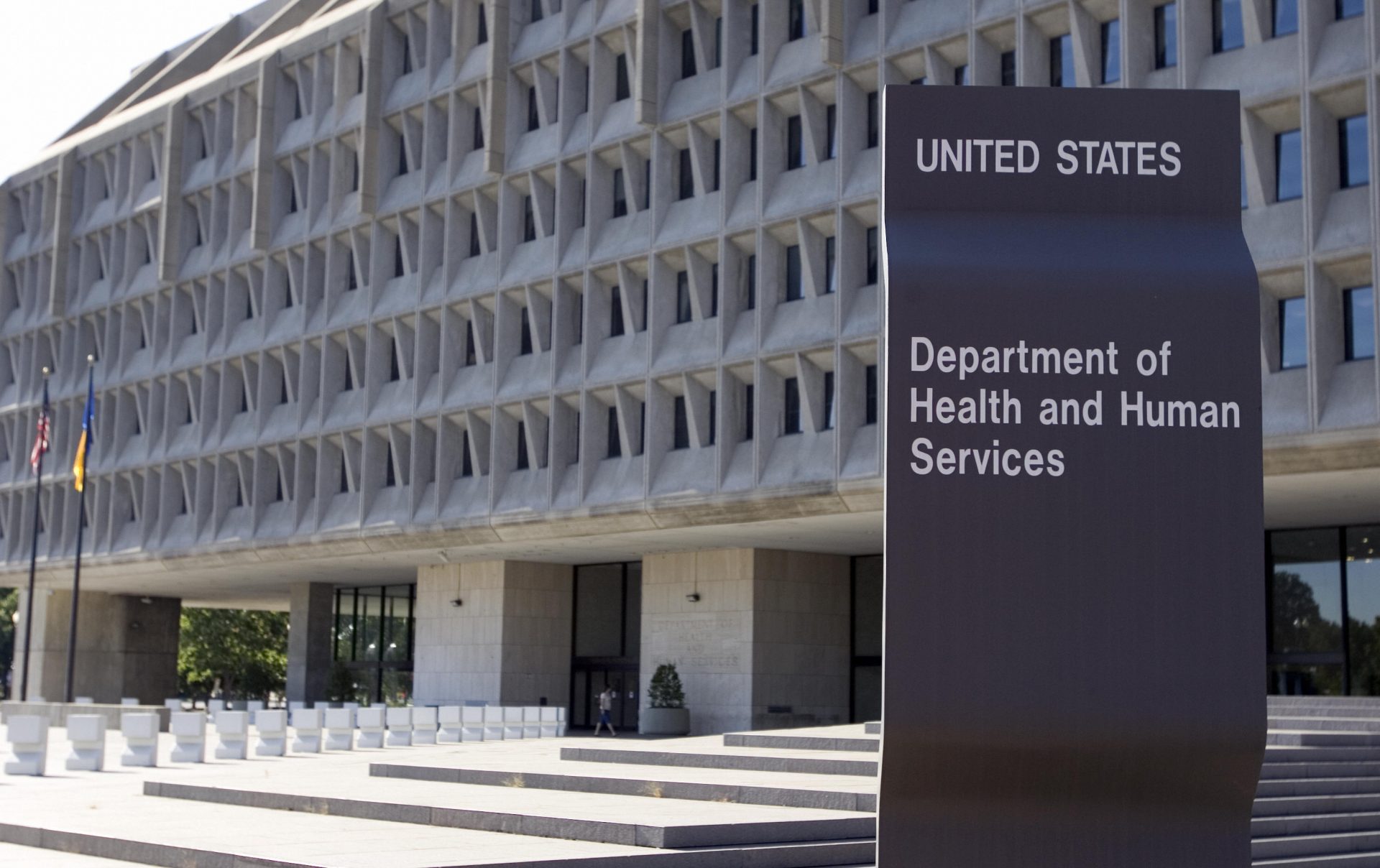Summary:
On June 15, 2022, the Supreme Court of the United States (SCOTUS) ruled in favor of hospitals over Medicare regarding a 340 B reimbursement policy instituted in 2018 and unanimously decided that the almost 30% in cuts to Medicare outpatient drug payments for hospitals participating in the 340B drug pricing program was unlawful.
What is the 340B program?
The 340B program is a federal drug discount program authorized under section 340B of the Public Health Service Act and established by Congress under the Veterans Health Care Act of 1992. The 340B program requires drug manufacturers to enter into pharmaceutical pricing agreements (PPAs) with the Secretary of HHS as a condition of Medicaid and the Medicare Part B program coverage of the manufacturer’s outpatient drugs. The PPAs specify that manufacturers may not sell covered outpatient drugs above 340B ceiling prices to covered entities.
Who benefits from the 340B program?
The direct beneficiaries of the discounted drugs provided by the program are hospitals and clinics that serve patients that might not otherwise receive care. These include “disproportionate share” hospitals that serve a high percentage of indigent patients, critical access hospitals, and cancer clinics.
What are the benefits of the 340B program to eligible hospitals?
An eligible covered entity can purchase drugs at typical discounts of 40% off their price for all medications provided to outpatients, whether or not those particular patients can afford their medications.
Impact of Ruling
At issue in American Hospital Association et al. v. Becerra was a reimbursement policy implemented by CMS under the 2018 Outpatient Prospective Payment System (OPPS) Final Rule (3). Beginning January 1, 2018, Medicare began paying most 340B hospitals for certain outpatient drugs (high-cost, separately paid drugs under the OPPS) at the drug’s average sales price (ASP) – 22.5%, a payment reduction of nearly 30%. Prior to 2018, Medicare paid 340B hospitals at ASP + 6%, the same rate used for non-340B hospitals. CMS based the reduced payment rate on an estimate of the average minimum 340B discount, intending to pay 340B hospitals at a rate that aligns to 340B drug acquisition costs.
Public and nonprofit hospitals paid under the OPPS qualify for the 340B program based on their high care volume for low-income patients. Hospitals access 340B savings by providing reduced-price drugs to patients and generating insurance reimbursement, using the savings to support patient care. The Medicare payment reduction resulted in a decrease in 340B savings to hospitals. Because CMS implemented the payment reduction in a budget-neutral manner, the increase in OPPS payments for non-drug services to all hospitals offset savings to Medicare from the drug payment cuts.
In September 2018, hospital associations and hospital co-plaintiffs filed a lawsuit in the US District Court for the District of Columbia against the Department of Health and Human Services (HHS), challenging the 340B payment policy. While the federal district court ruled in favor of the hospitals, in December of that year, HHS appealed. The DC Circuit Court of Appeals issued a decision (6) in July 2020 reversing the lower Court’s findings, finding that HHS had the authority to impose the 2018 and 2019 payment cuts. The hospital plaintiffs appealed to the Supreme Court, who ruled in their favor in June. The central issue was the 340B program, which allows certain hospitals and providers serving low-income patients to buy steeply discounted prescription drugs and use the savings to help cover additional costs. The Court’s opinion (1) found that the HHS did not follow the law when it changed the rate of payments under the 340B drug discount program from the average sales price of the drugs plus 6% to the average sales price minus 22.5%. The AHA argued the cut amounted to $1.6 billion annually for 340B hospitals (7).
The Court’s decision is welcome news for 340B hospitals that have experienced significant payment reductions for separately paid Part B drugs since CMS implemented the 340B payment policy in 2018. However, the Court did not address the remedy to make 340B hospitals whole for payment reductions due to the unlawful policy. The Court noted concerns from HHS that unwinding the payment policy would be difficult given that OPPS payment is budget neutral. As a result, drug payment reductions resulted in payment increases for non-drug services. Hospitals have argued that potential remedies can make hospitals whole without implicating the budget-neutrality rules (2).
The decision could have a meaningful impact on what private insurers and pharmacy benefit managers (PBMs) reimburse these hospitals for drug purchases. Following the government action to cut Medicare payment, some PBMs and payers have begun paying less to hospitals based on their participation in 340B. Hospitals have labeled these practices as discriminatory reimbursement behavior that should be outlawed. The high court decision removes one significant precedent for PBMs and payers to cite in continuing to implement these lower rates to 340B hospitals (8). Depending on how the CMS implements the final HOPPS rule for 340B drugs, certain hospitals (e.g., rural sole community hospitals – SCHs) may be exempt from the 340B payment adjustment policy and therefore, payers may approach hospital outpatient contracting negotiations in a manner that is aligned with CMS policy.
The Larger Trend
After the circuit court’s decision of August 2020 went against the hospitals, many drug manufacturers stopped providing discounted drug prices to 340B hospitals. An estimated 17 drug manufacturers have issued restrictive 340B pricing through contract pharmacy arrangements. Others have said they would give discounts if the hospitals shared their claims data.
The Public Health Service Act requires pharmaceutical manufacturers participating in Medicaid to sell drugs at a significant discount to 340B hospitals. HHS has taken enforcement action against the drug manufacturers, claiming they have violated the law. Four decisions against the drug companies are on appeal. The next step is for HHS to impose monetary penalties through the Office of Inspector General, which has such authority. The Health Resources Service Administration has referred seven cases to the OIG for this purpose (9).
The Next Steps
Currently, SCOTUS remanded the case to the US Circuit Court of Appeals for the District of Columbia, sending it back to the district court or the Centers for Medicare & Medicaid Services (CMS) to create a remedy. CMS could reimburse hospitals for the difference between the cuts, which started in 2018, or adjust hospital payments in the coming years.
While the focus of this decision was on the 2018 and 2019 payment rates, the decision impacts CY 2023 rates. CMS was unable to adjust the proposed payment rates in response to the Supreme Court’s decision prior to issuing the proposed rule. Therefore, although CMS formally proposes a payment rate of ASP minus 22.5 percent for drugs and biologics acquired through the 340B program for CY 2023, as in CYs 2019-2022, the agency intends to apply a rate of ASP plus 6 percent to 340B drugs and biologics in the CY 2023 Final OPPS rule in consideration of the Supreme Court’s ruling. CMS notes, however, that the OPPS conversion factor would need to be decreased to account for any 340B drug payment increases to maintain budget neutrality (10).
References:
- https://www.supremecourt.gov/opinions/21pdf/20-1114_09m1.pdf
- https://www.bassberry.com/news/supreme-court-strikes-down-medicare-cuts-to-340b-hospitals/
- https://www.govinfo.gov/content/pkg/FR-2017-12-14/pdf/R1-2017-23932.pdf
- https://ecf.dcd.uscourts.gov/cgi-bin/show_public_doc?2018cv2084-25
- https://ecf.dcd.uscourts.gov/cgi-bin/show_public_doc?2018cv2084-50
- https://www.cadc.uscourts.gov/internet/opinions.nsf/B8E3F76510742B95852585B600531146/%24file/19-5048-1854504.pdf
- https://www.aha.org/special-bulletin/2022-06-22-supreme-court-rules-unanimously-favor-aha-others-340b-case
- https://340binformed.org/2022/06/u-s-supreme-court-backs-340b-hospitals-by-striking-down-medicare-cuts/
- https://www.healthcarefinancenews.com/news/supreme-court-rules-favor-hospitals-340b-lawsuit
- https://www.hklaw.com/en/insights/publications/2022/07/cms-releases-cy-2023-outpatient-and-asc-payment-system-proposed-rule#:~:text=Therefore%2C%20although%20CMS%20formally%20proposes,rule%20in%20consideration%20of%20the


